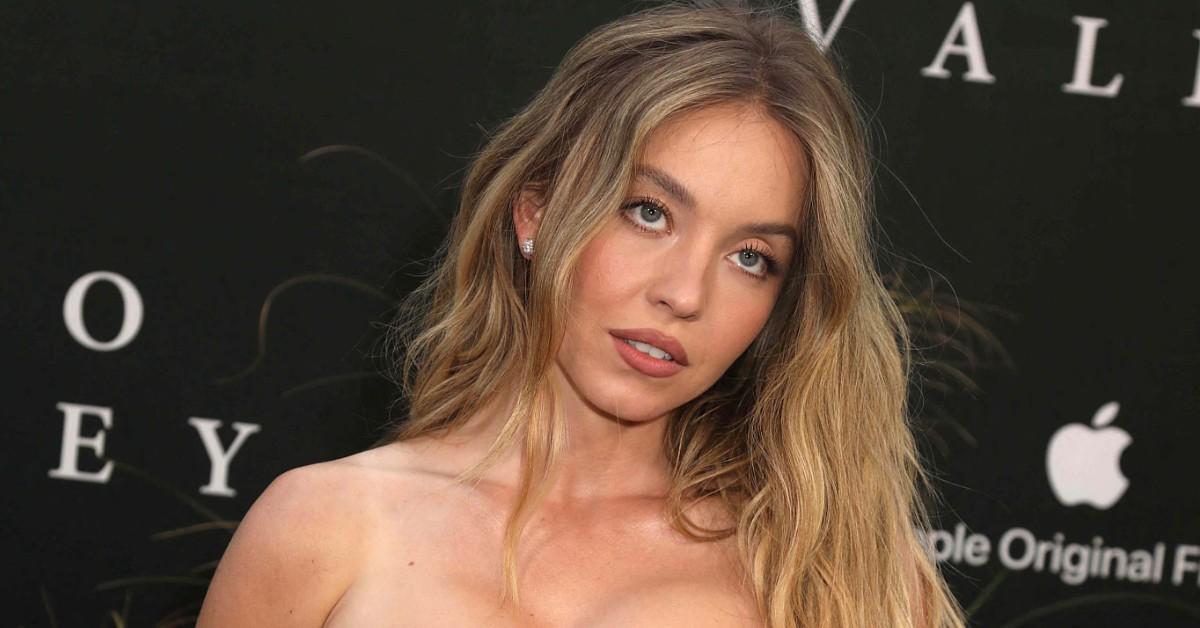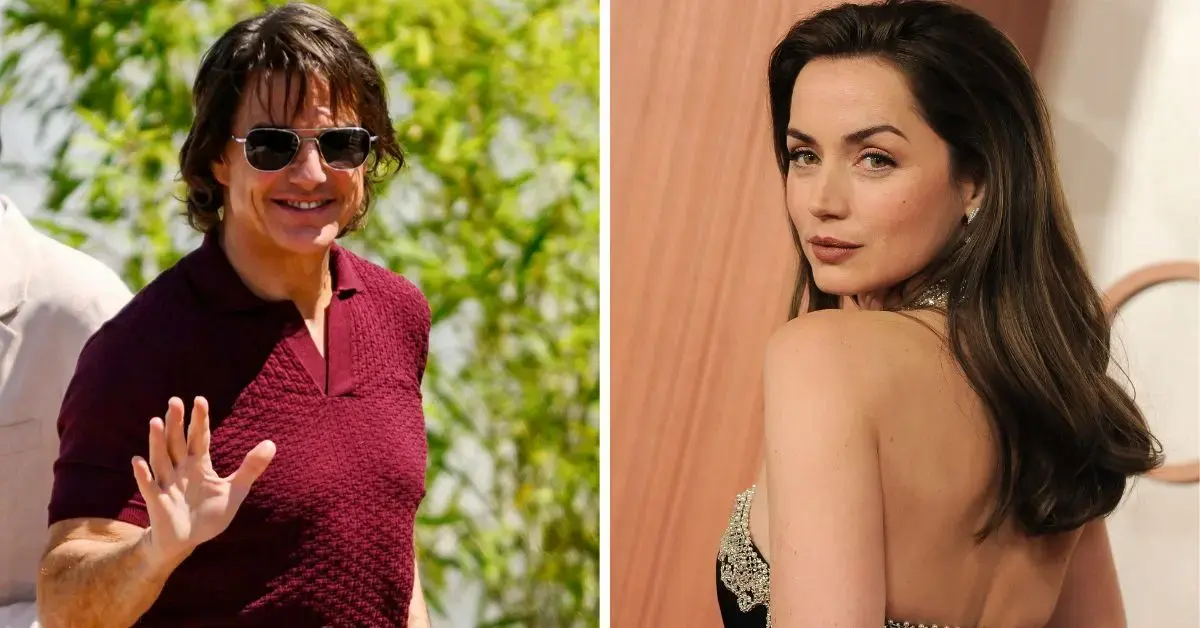Judge Throws Out Family’s Lawsuit Accusing Beetlejuice Character at Universal Studios of Using Racist Hand Gesture
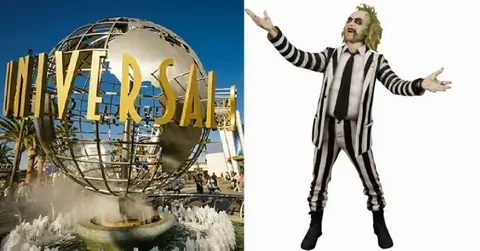
The family lost their case.
May 1 2024, Published 5:30 a.m. ET
A family who sued Universal Studios accusing a man dressed in a Beetlejuice costume of throwing up a racist hand gesture in front of a black child lost their lawsuit.
According to court documents obtained by RadarOnline.com, a Los Angeles Superior Court judge dismissed all claims brought by John and Marisol McGee.
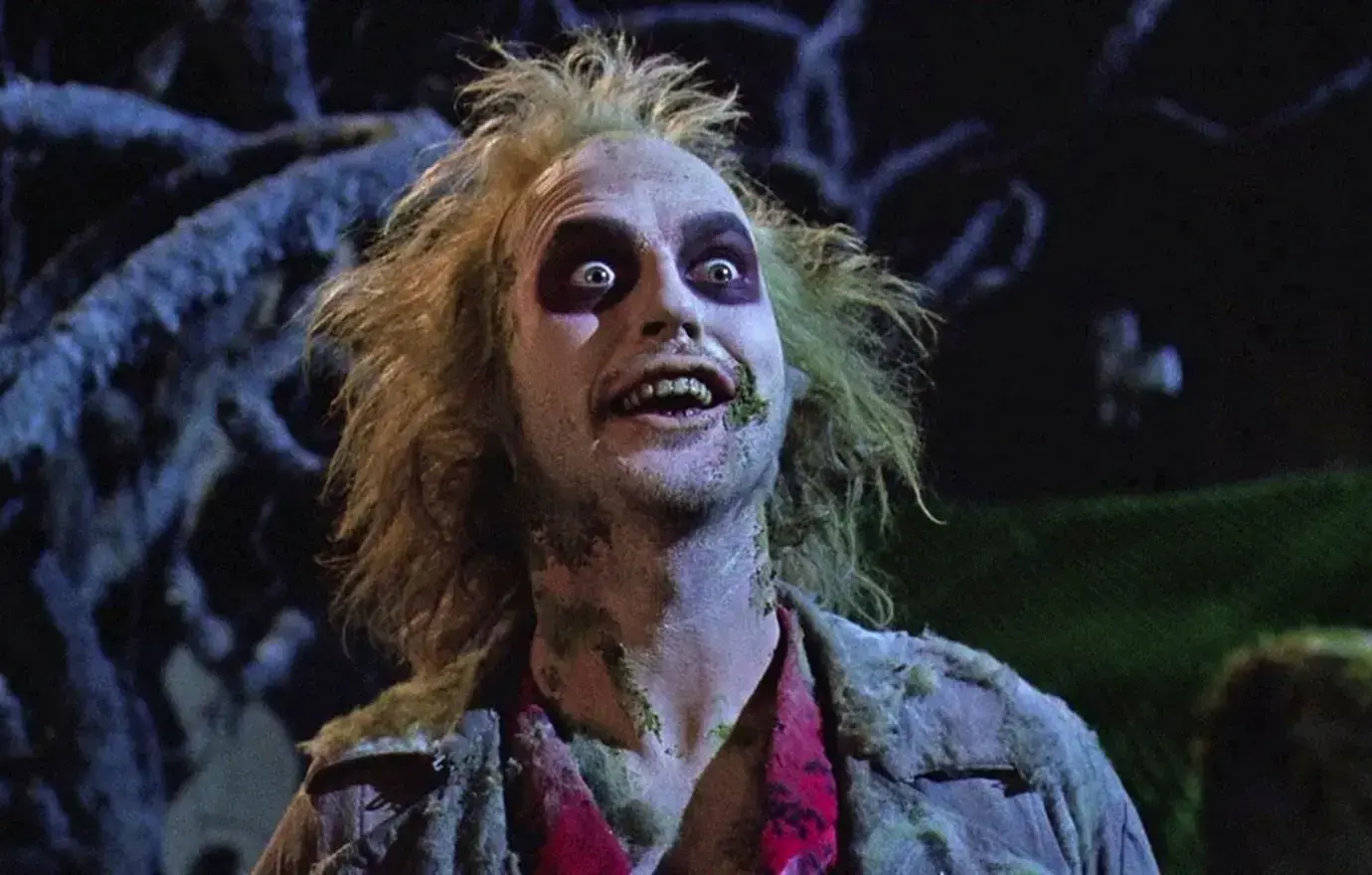
Michael Keaton in the 1988 film.
As we first reported, John and Marisol were listed as plaintiffs and they also sued on behalf of a minor named John McGee.
The duo said John encountered a Universal Studios employee dressed up as Michael Keaton’s character from the 1988 film during a visit to the park in July 2021.
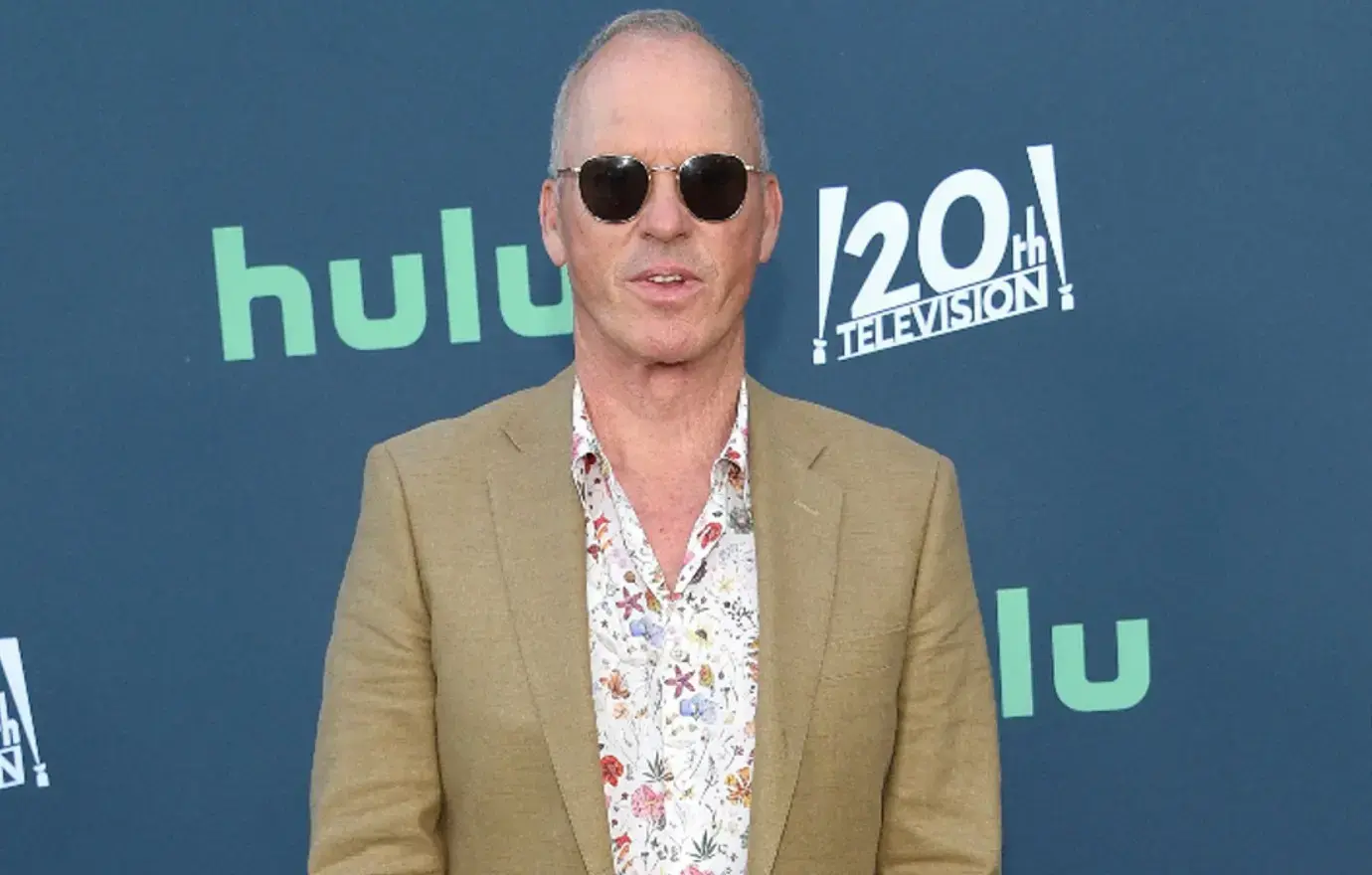
Keaton played Beetlejuice and will reprise his role in the upcoming sequel.
The suit alleged, “Plaintiffs, who were fans of the Beetlejuice film, stopped to take a picture with defendant “Beetlejuice Doe.” Plaintiff Marisol McGee, a Latin-American woman, posed for the picture with defendant “Beetlejuice Doe” while plaintiff John McGee, an African-American man, took the picture and plaintiff Dylan McGee, a mixed-race minor boy, watched."
“In the picture, defendant “Beetlejuice Doe” displayed the racist, offensive White Power hand gesture,” the family claimed in the lawsuit.
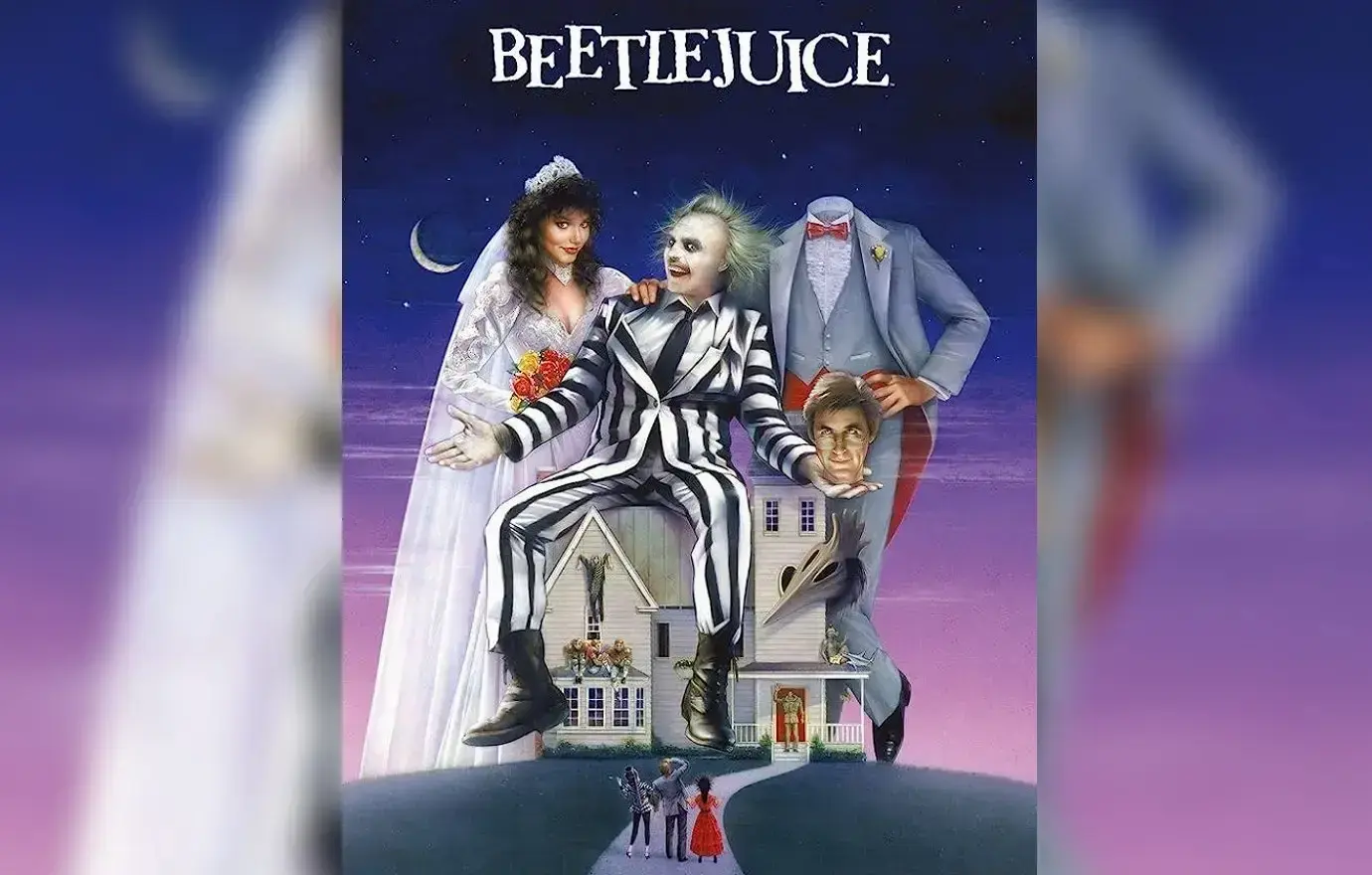
The film's poster from 1988.
The family claimed the “White Power” hand gesture is a “symbol used to express hatred towards a segment of the population based upon a person's race, ethnicity, color, and national origin.”
John and Marisol demanded unspecified damages for the alleged intentional infliction of emotional distress.
They said they suffered, “anguish, fright, horror, nervousness, grief, anxiety, worry, shock, humiliation, and shame” as a result of the encounter with the man dressed as Beetlejuice.
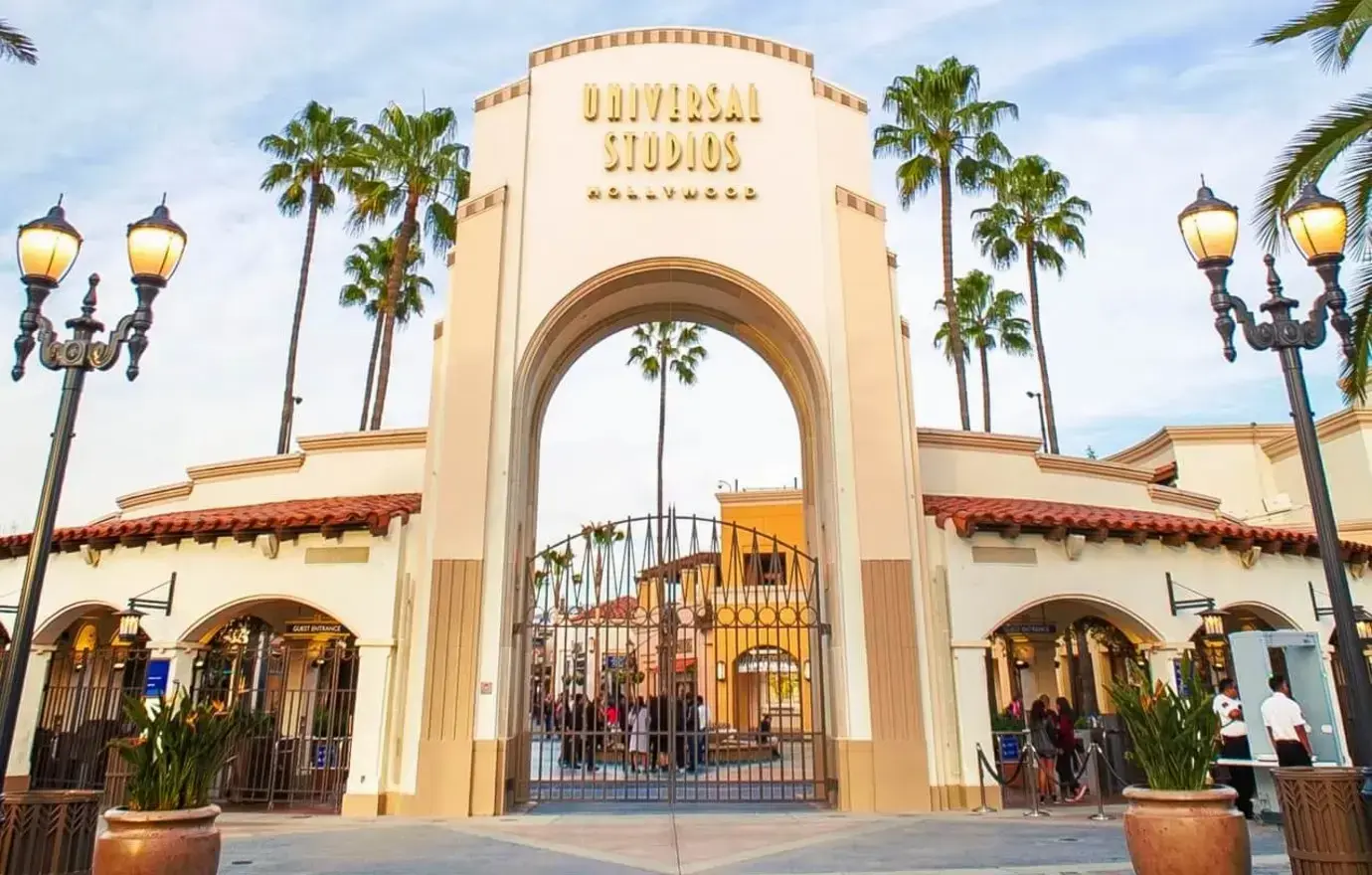
Universal Studios denied all allegations of wrongdoing.
A lawyer for Universal Studios argued the hand gesture of the Beetlejuice character was most likely just a gesture to signify “okay." He argued there was no proof the employee purposely used a racist gesture.

“Assuming arguendo for the purpose of this demurrer that a Universal Studios Beetlejuice character did make an “okay” gesture in a photo opportunity with the Plaintiffs, it is equally plausible (and indeed more likely) that such a gesture was intended as a traditional “okay” gesture that has been in common usage in American culture for decades if not centuries,” the lawyer wrote.
“Tellingly, Plaintiffs do not include in their Complaint the photograph in which the Beetlejuice character is making such a gesture, nor do they allege any objective facts supporting that, even if made, the gesture was made as a white power symbol or with an otherwise racially derogatory meaning,” the attorney said in the official response.
At the recent hearing, the judge ruled, "The mere use of a concededly ambiguous hand signal is not enough. On this amendment, Plaintiffs have not alleged additional facts from which the Court could infer an intent to injure or deny services. Neither have they asserted that there is a reasonable possibility of curing this defect. Therefore, the demurrer is sustained without leave to amend and the action is dismissed with prejudice."
The judge closed the case.


